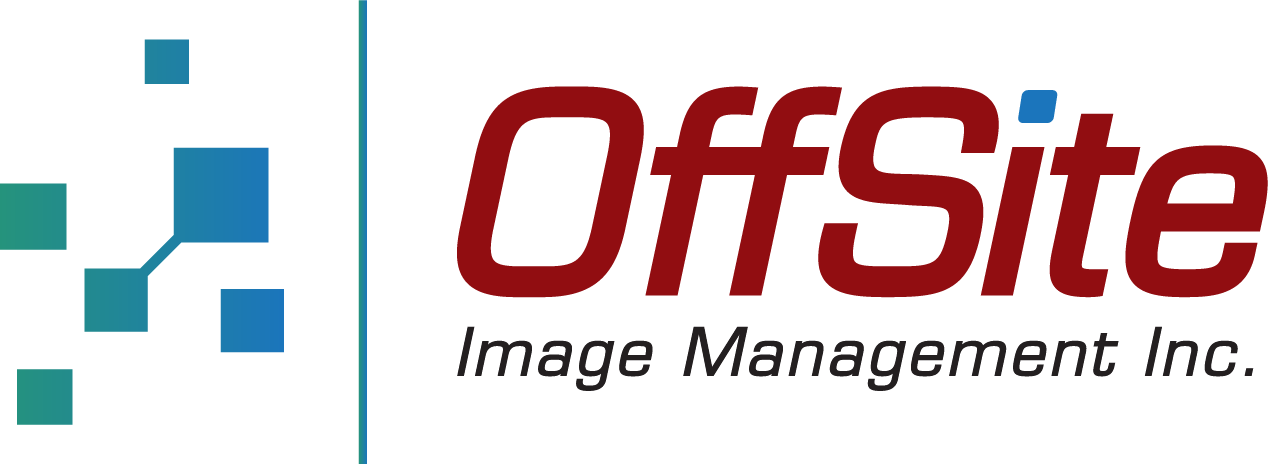 While patients face the same health challenges regardless of whether they live in urban centers or rural areas, the facilities that treat them see different challenges.
While patients face the same health challenges regardless of whether they live in urban centers or rural areas, the facilities that treat them see different challenges.
Every healthcare provider is doing their part in complying with rules and regulations regarding electronic health care record adoption, but if you are in a rural facility, you’ve definitely encountered a different set of circumstances that challenge your ability to comply.
Rural facilities see issues related to broadband availability, resource constraints that create nightmares when it comes to budgeting around choosing the solutions of a reputable vendor and issues with infrastructure. Most urban facilities have much greater resources when it comes to funding, the best broadband services available and a solid infrastructure. When it comes to rural hospital data, critical access hospitals like yours are looking at an uphill climb.
A recent study of critical access hospitals by the Office of the National Coordinator for Health Information Technology shows that broadband upload speeds to critical access hospitals with less than 3mbps upload speeds are getting inadequate service about 43 percent of the time, which poses serious issues with their rural hospital data capabilities. Around one in 10 critical care facilities said they face serious challenges in their EHR strategy due to access to adequate broadband services.
According to the study, 60 percent of critical care facilities had two or more Internet service providers. Nearly a quarter of those surveyed said they had only one option. Around 50 percent who said they had one or two Internet service providers said they had access to broadband that was insufficient in allowing them to fully realize their potential. Overall, around one-third of these facilities that are similar in size to yours said they had at least one challenge related to their broadband access.
As you already know, cost is always an issue with rural healthcare facilities, and broadband costs are a contributing factor for nearly 25 percent of facilities like yours. Federal programs also are not implemented in the rural areas as often as they are in more populated areas: around 60 percent of the rural facilities said they had significant financial challenges, including gaining access to federal programs that could ease the financial burden.
Rural hospital data issues can create a problem when it comes to storing and accessing medical imaging that needs to be shared among doctors and specialists located in different geographical areas. Most patients today seek the advice and treatment of multiple doctors and specialists, which means their medical imaging should be easily shared among these people if the patient are to receive the best care. When issues pop up in the EHR adoption, rural care facilities are unable to provide the best available quality care to their patients.
OffSite Image Management, Inc., has taken it upon themselves to focus on delivering quality solutions to rural facilities. For instance, OffSite has developed a solution called Virtual CD that gives doctors and specialists access to critical data over a secure URL. Medical images can be shared quickly and easily and at an affordable cost to the rural facilities that need quality without the price tag normally associated with it.
